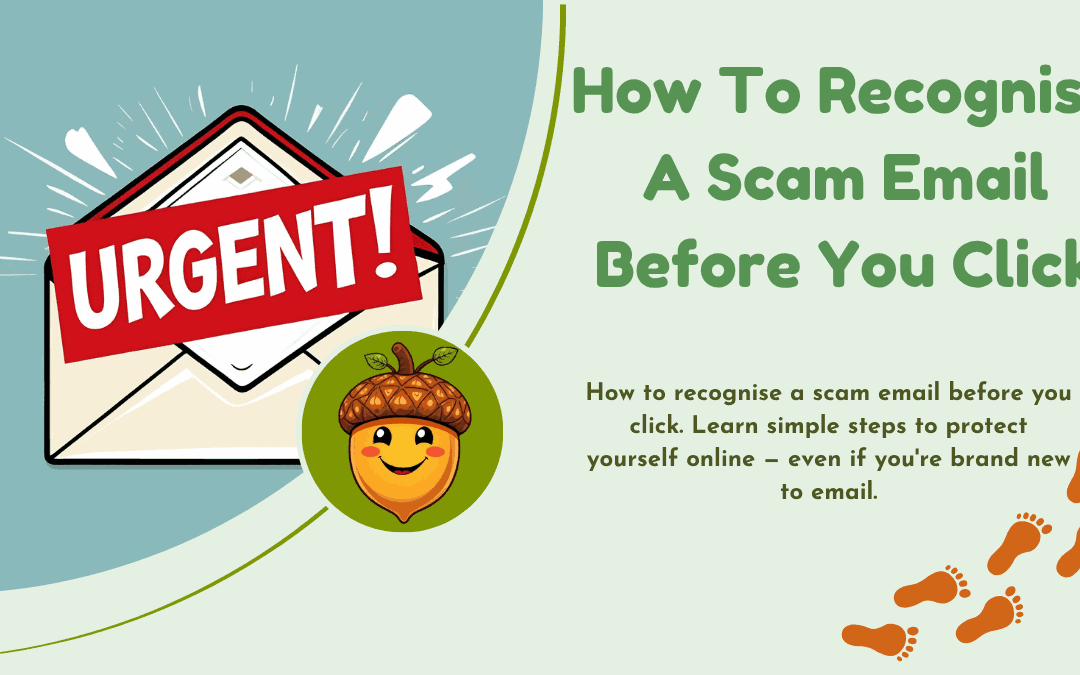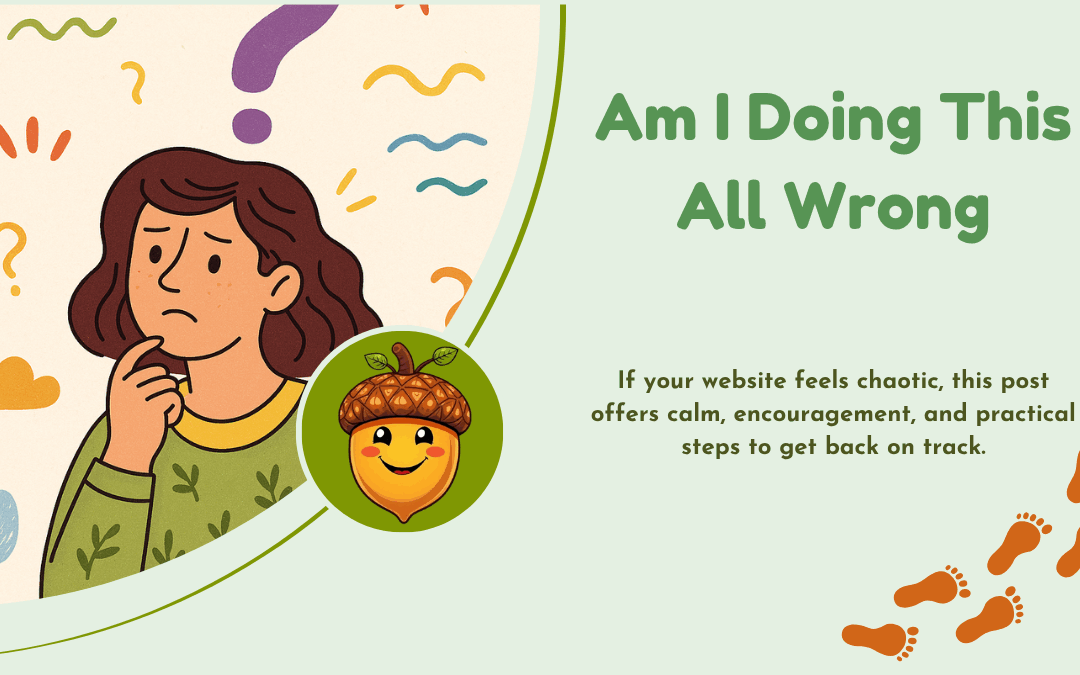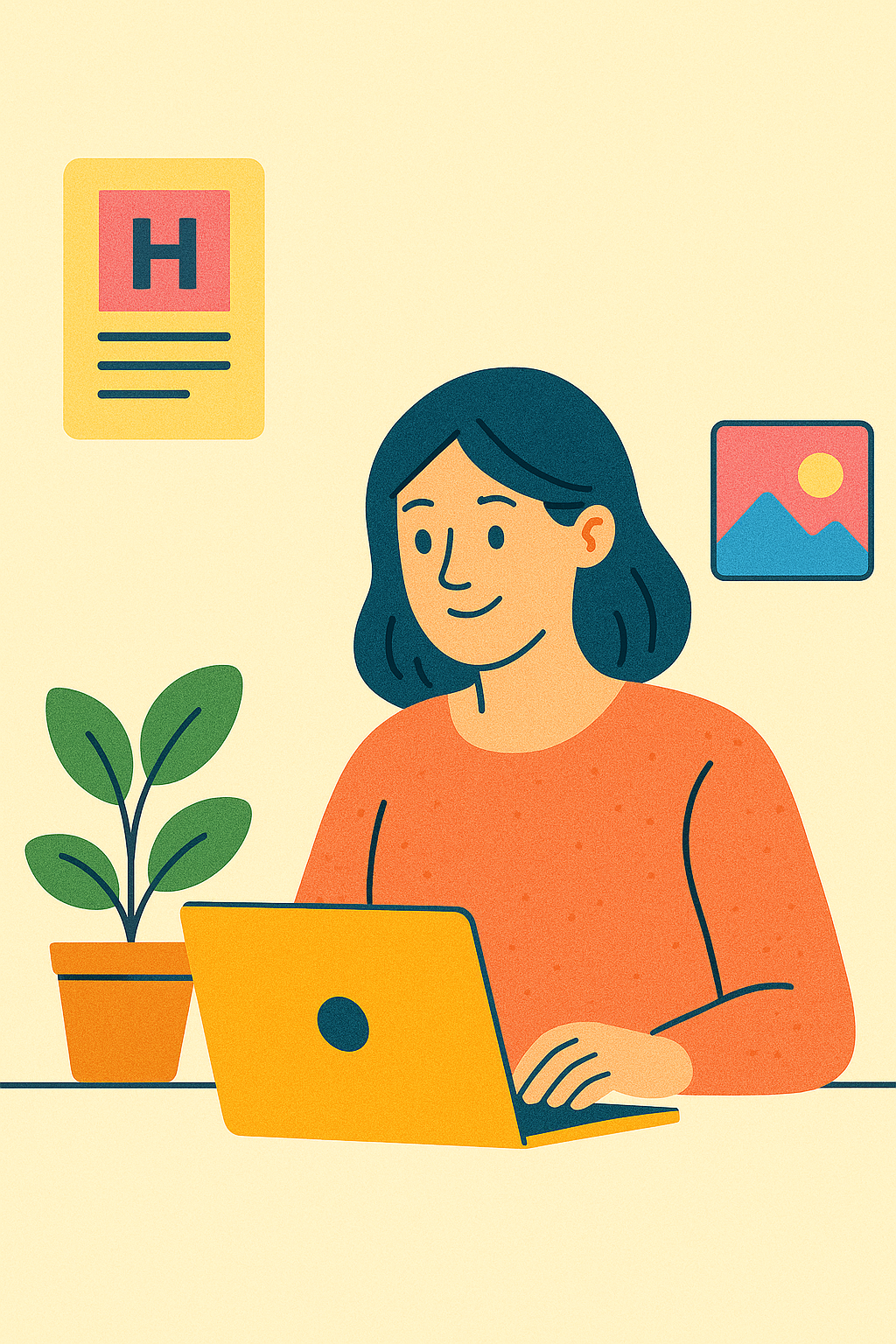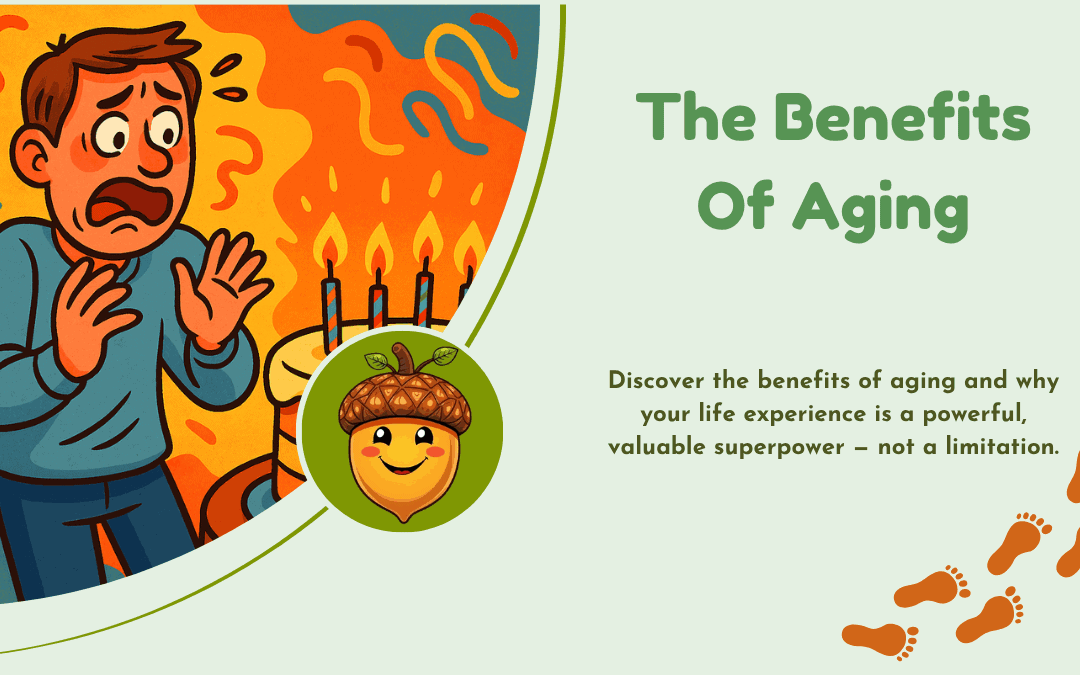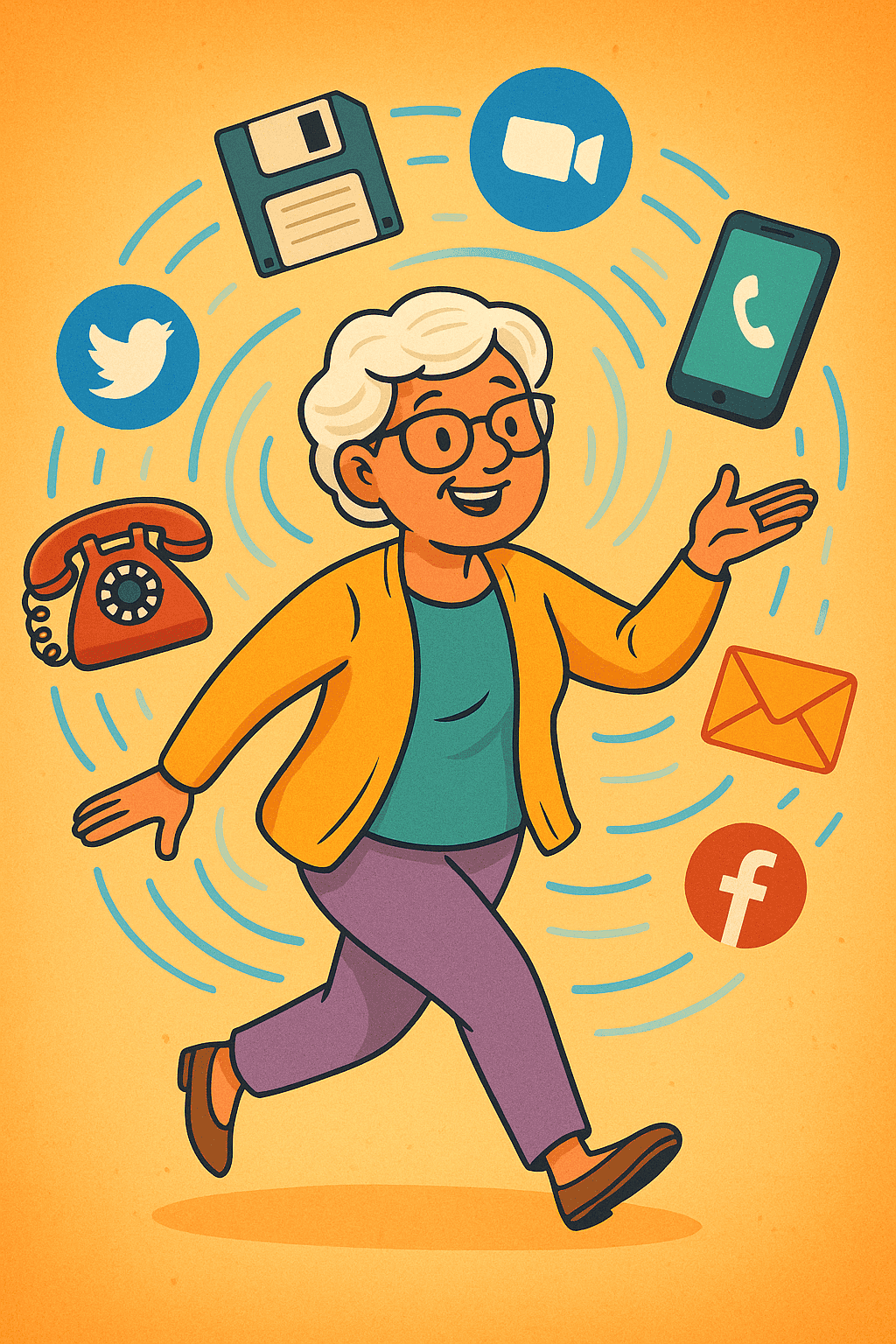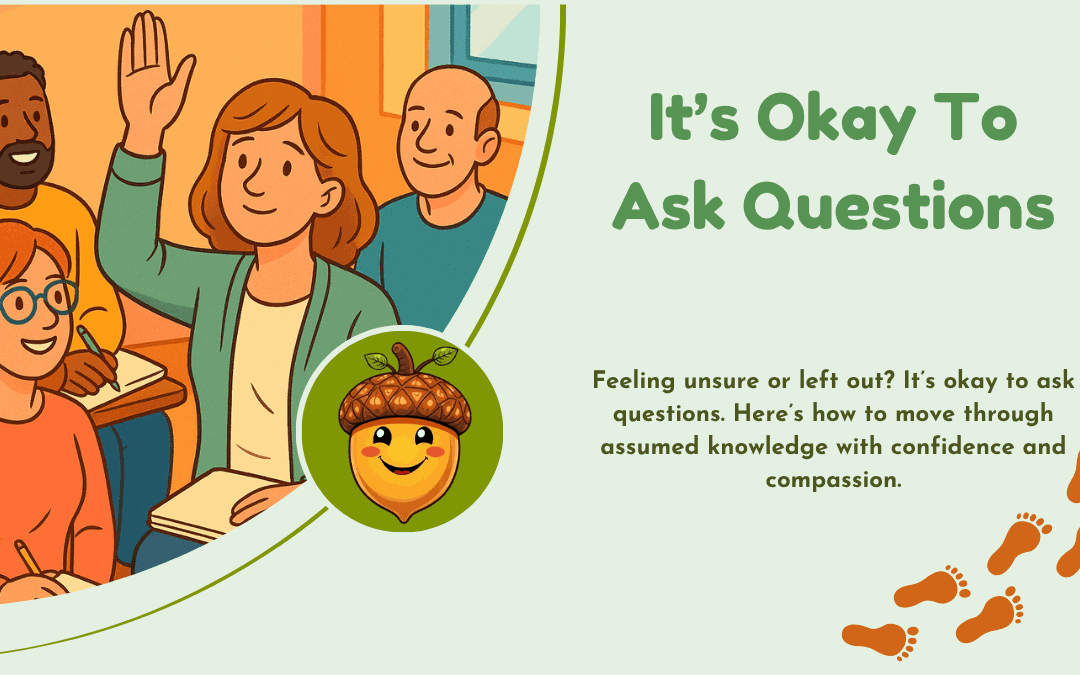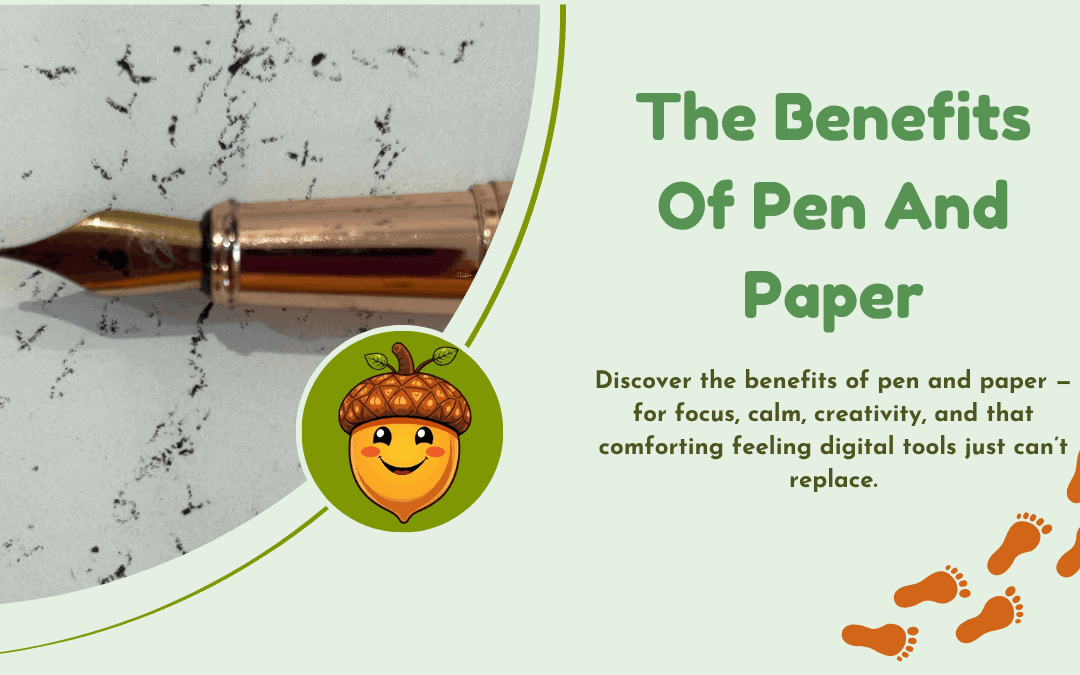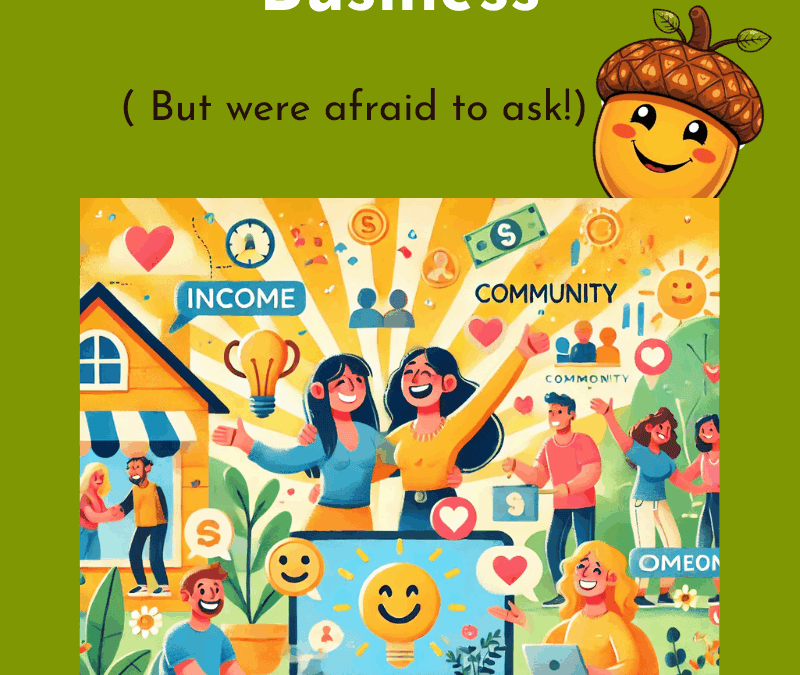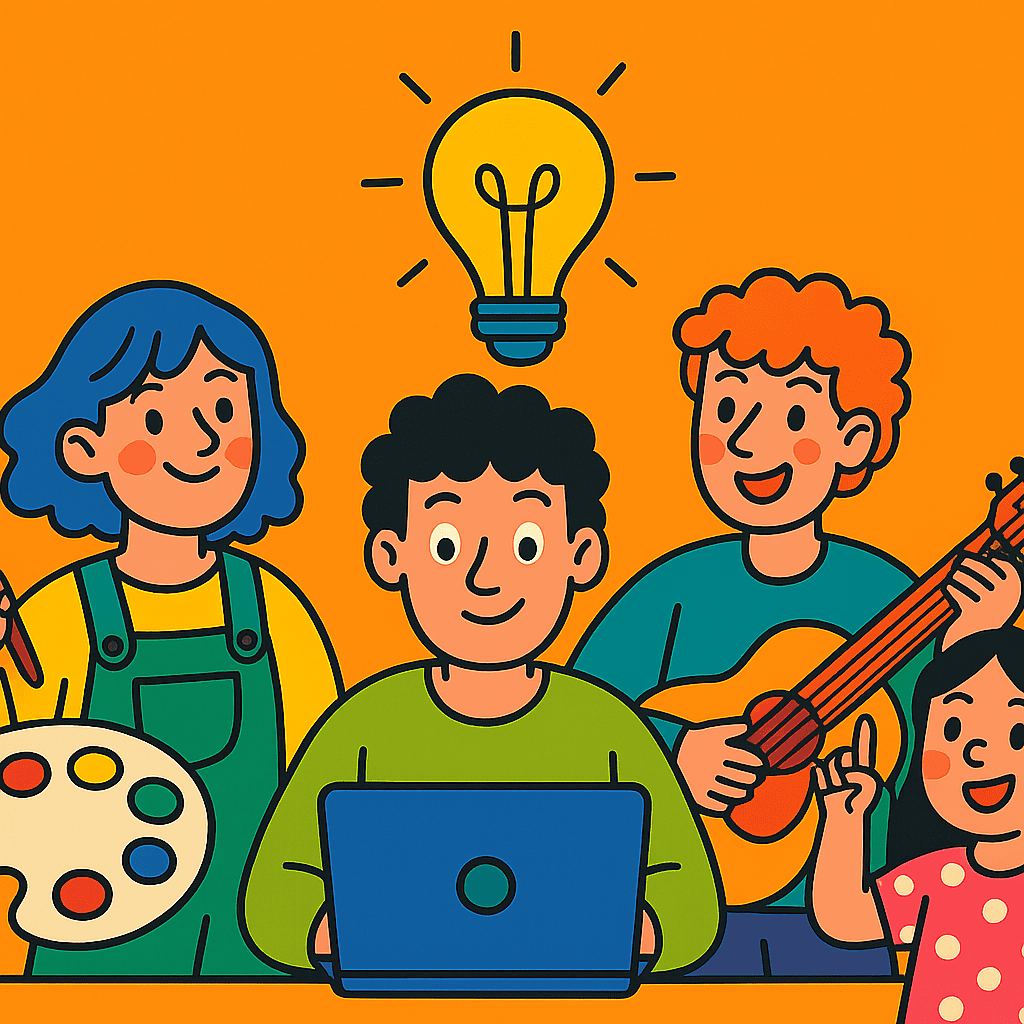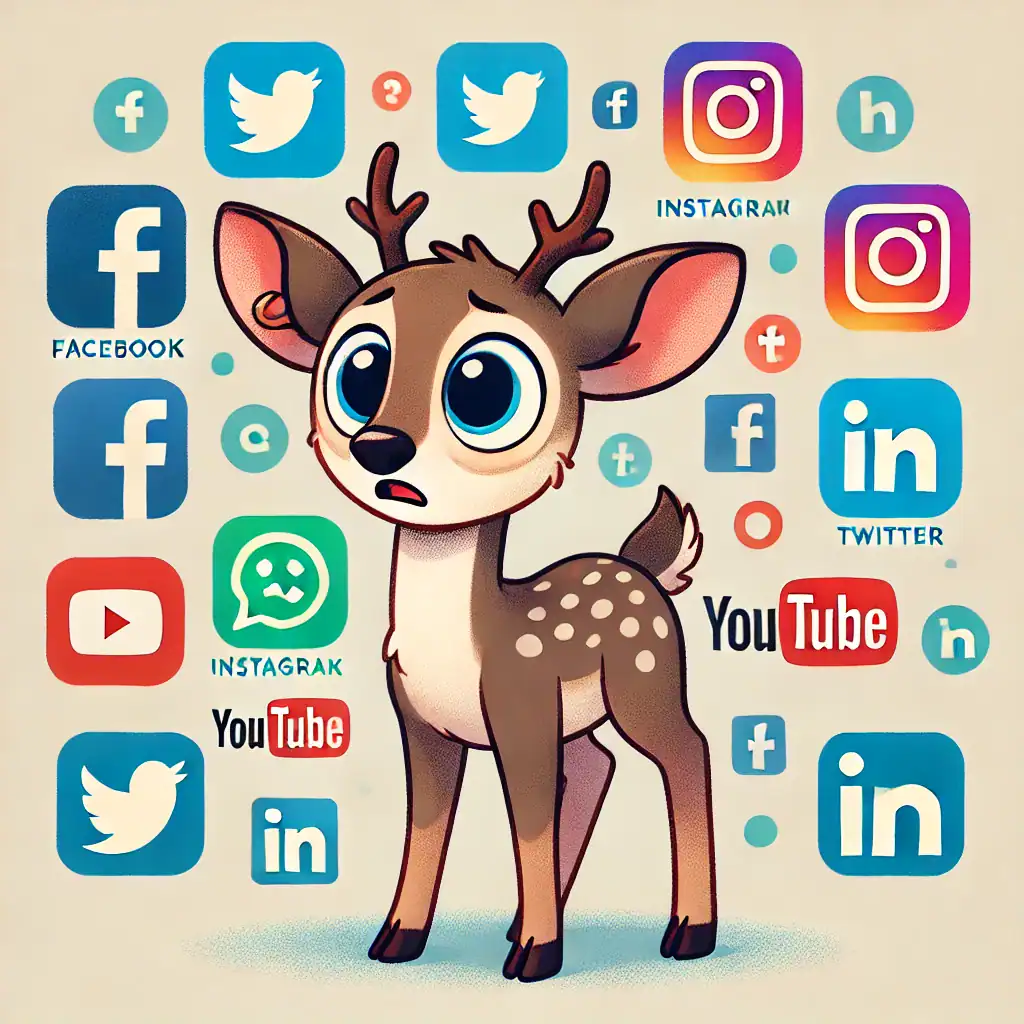How I Blog While Travelling (Yes, It’s Possible!)
You might think being away from home means hitting pause on blogging — but actually, it’s a great opportunity to keep going in a relaxed, flexible way.
Whether you’re visiting family, away for a short break, or working from a cosy café somewhere new, it is still to blog while travelling. And no, you don’t need to lug around loads of tech or stress about Wi-Fi the whole time!
Let me walk you through how I do it, step-by-step — calmly and with intention.
What I Bring With Me
I keep it simple. Here’s what I pack:
-
My laptop – Nothing fancy, just something I’m used to using.
-
A notebook and pen – For ideas, to-do lists, and scribbles when the screen feels like too much.
-
My phone – For checking emails, taking photos, or light editing on the go.
-
Charger + portable Wi-Fi (optional) – Just in case I’m somewhere with flaky internet. We go away in our motorhome so ‘flaky internet’ goes with the territory!
Bonus tip: I also save copies of drafts offline, so I can work without Wi-Fi if needed.
What I Focus On While Away
When I’m travelling, I don’t try to do everything. I choose just one or two small blogging tasks per day, like:
-
Writing a rough blog post outline
-
Editing a draft I already started
-
Checking or responding to blog comments
-
Sharing a post on social media
-
Reviewing one old post and making light SEO tweaks
These little tasks keep me moving forward without pressure.
How I Stay Calm & Organised
Even while travelling, I like to keep things structured (but not strict). Here’s how:
-
Morning moments – I set aside 30–60 minutes early in the day to write or edit
-
One post at a time – I don’t juggle five things at once. One post, one focus
-
Short check-ins – I’ll glance at emails or social media once a day, max
-
Forgive the rest – If I miss a task, that’s okay. The world won’t end (this has taken me some time to master but it is true)
Tools That Help Me Blog On the Go
I keep my toolkit light and beginner-friendly:
-
Wealthy Affiliate – I like to keep up with the training so usually watch at least one video when I’m away.
-
Canva – To create or tweak blog images on the go
-
Grammarly – For light grammar checks when I’m writing tired
-
Google Drive – I use this constantly even if I don’t have Wi-Fi — then copy and paste
These tools are all free or have free versions.
A Quick Word on Expectations
Blogging while travelling isn’t about perfection — it’s about staying connected to what you’re building.
If I only publish one post instead of three, that’s still progress.
If I just write an outline today, that’s a win.
The important thing is: I’m still showing up — gently, in my own time, from wherever I am.
And Finally...
Have you ever tried blogging away from home?
If you’re thinking about it, just remember: you don’t need a studio, a set schedule, or fast internet. You just need your voice, a bit of quiet time, and a way to capture your thoughts.
I’d love to hear how you stay connected to your blog during travel or breaks — pop a comment below or send me a message
My website contains affiliate links. This means if you click and make a purchase, I may receive a small commission. Don’t worry, there’s no extra cost to you. It’s a simple way you can support my mission to bring you quality content.

